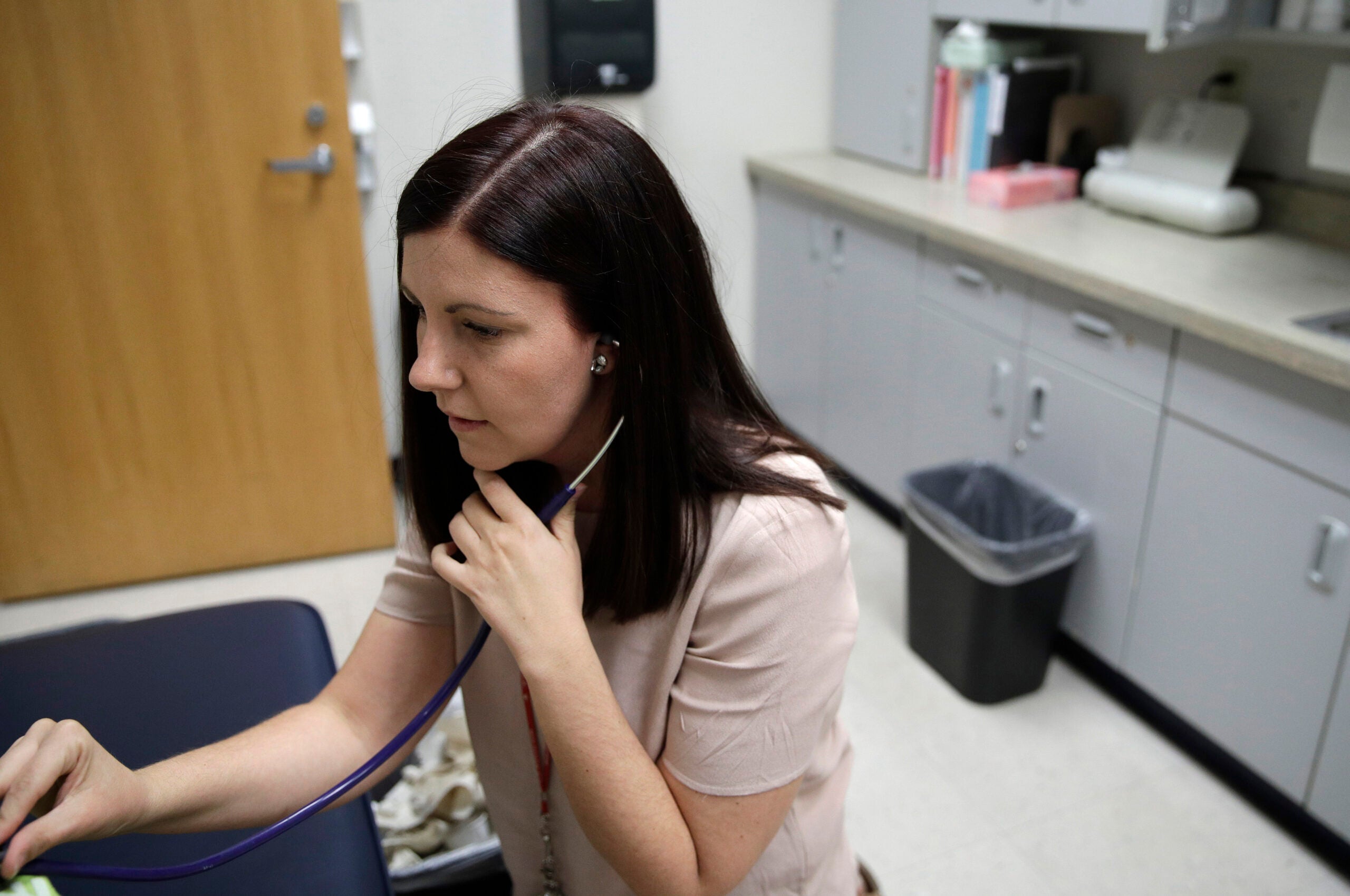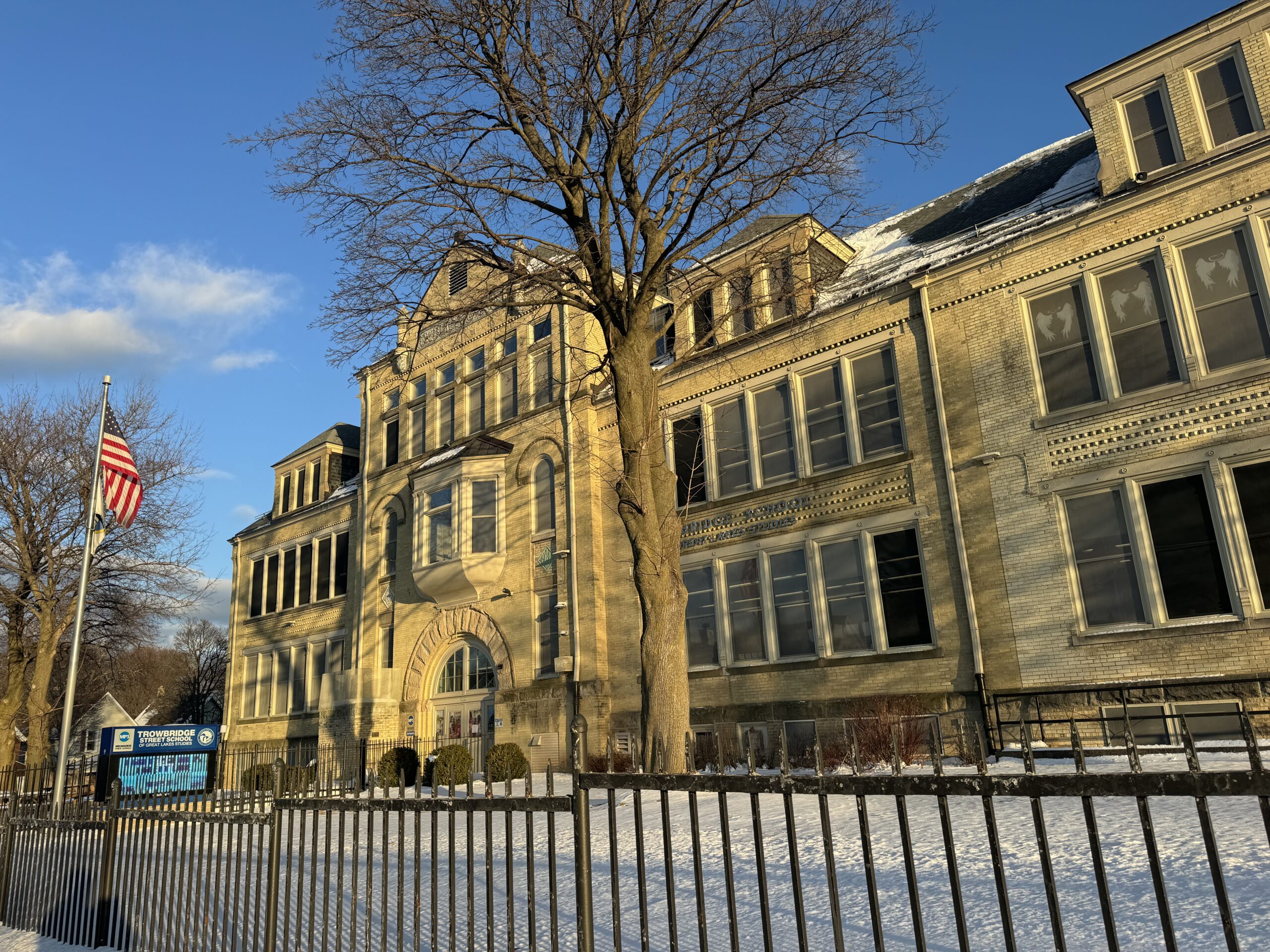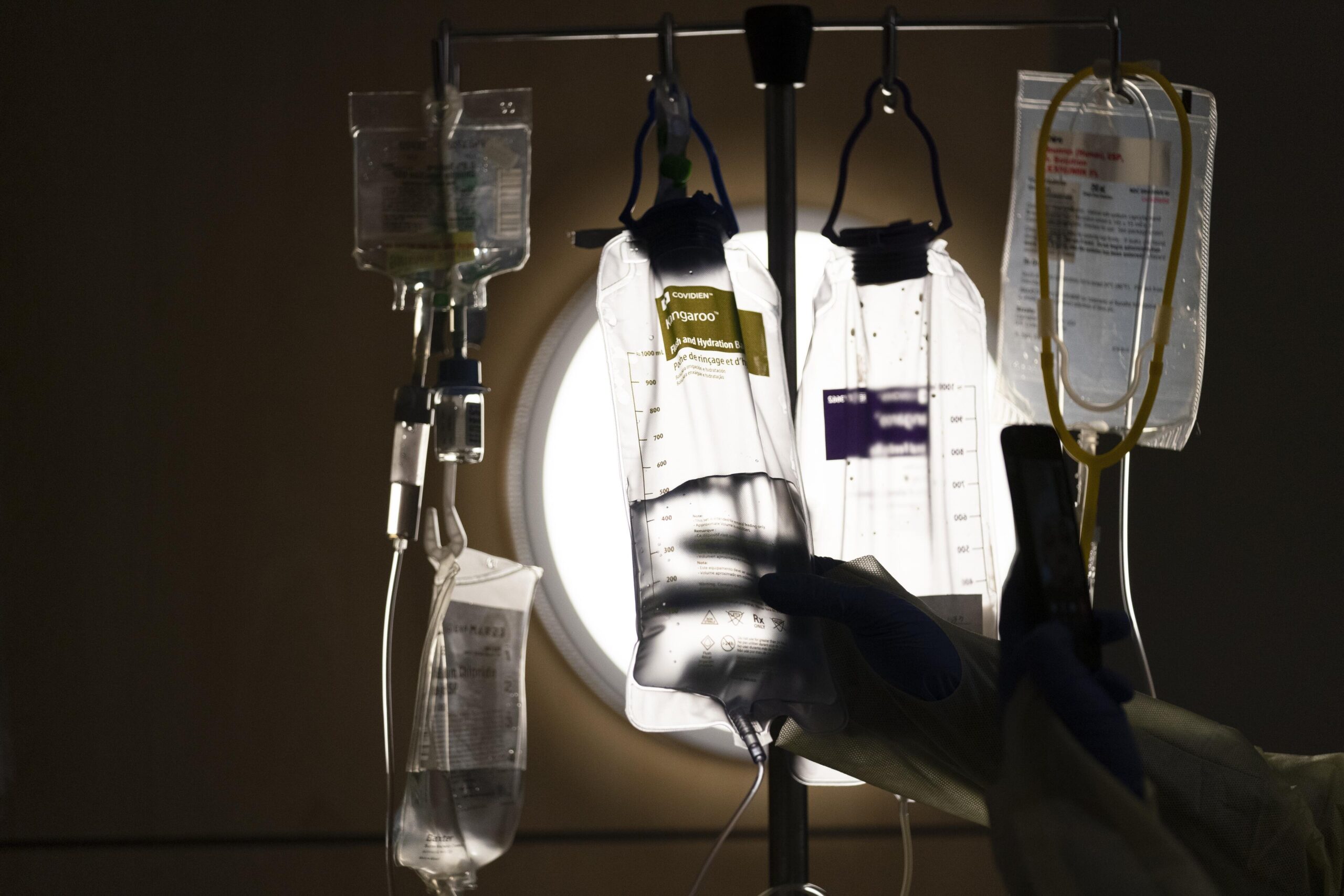School nurses in Wisconsin say they need more financial support to provide the health services needed by students.
Leaders of the Wisconsin Association of School Nurses met with state legislators last week to talk about unfinished business from this year’s legislative session, which ended in March.
Lawmakers did not act on a proposal to allow school districts to receive all federal Medicaid funding reimbursed for school-based services, like physical therapy and skilled nursing. It’s a change proposed by Gov. Tony Evers in his 2023-25 state budget.
News with a little more humanity
WPR’s “Wisconsin Today” newsletter keeps you connected to the state you love without feeling overwhelmed. No paywall. No agenda. No corporate filter.
Under current state law, schools only receive 60 percent of the federal reimbursement for these services, with the rest going to the state. Jamie Trzebiatowski, president of the Wisconsin Association of School Nurses, said the rate is much lower than what county- or community-based programs receive for the same types of care.
Trzebiatowski, who is a nurse for the School District of Waupaca, said the lower reimbursement rate makes it difficult for schools to maintain these services, especially as districts across the state experience budget shortfalls from lower enrollment and rising costs.
“(When) they need to do something different with their budgeting, frequently they’re going to try to cut off some of these ancillary support services,” she said. “So students lose that equity piece, lose that nursing or other types of ancillary support that they need to make sure that they’re getting equitable access to their education.”
She said allowing all of the federal funding for school-based services to return to the districts would create more stable funding for school nursing positions.
Since the program started in 2000, school-based services have brought approximately $950 million in federal Medicaid dollars to Wisconsin, according to the state Department of Public Instruction.

Advocates say lack of support for school nurses impacts learning
The Wisconsin Association of School Nurses hopes identifying more stable funding streams for school nurses will help more districts support these positions.
Kelly Eichman-Barlow, school nurse for Shorewood School District in Milwaukee County, said many school districts in the state don’t employ a full-time registered nurse. She said those districts will often hire a nurse part-time and rely on non-medical staff to provide daily care needed by students, like diabetes management or gastric tube feedings.
“The nurse is just there for the training piece, but not doing the day-to-day, hands-on nursing skills because of budgetary cuts and the inability to have a school nurse in every building full time,” said Eichman-Barlow, the past president of the association.
She said that can affect students’ learning, especially if they’re being pulled out of class more frequently for doctor’s appointments or even emergency room visits.
Access to health care in schools is an issue in both rural and urban parts of the state, according to the association. The group says school nurses are taking on more responsibility, including school safety and emergency planning.
Legislation that did become law this session provides civil immunity for school personnel for administering overdose reversal drugs like Narcan.
Trzebiatowski said some school districts have already worked to make the medication available through emergency kits. But she said school nurses would like to see lawmakers allow Narcan to be prescribed to the school district rather than an individual.
“If it’s filled in my name, for example, I have to go to the pharmacy, and then it’s going through my (personal) insurance,” she said, noting that lawmakers have allowed other emergency medications to be prescribed to school districts.
Trzebiatowski said her association also asked state lawmakers to add a requirement that districts train staff on how to administer Narcan before stocking it on school grounds, but that amendment was not included in the legislation passed in February.
“Anything that you’re putting out into schools or out into communities, clarifying that there’s some mandate or some expectation that there’s education to go along with that is only prudent,” she said.
She said the association appreciated that lawmakers created immunity for using Narcan, but additional legislation to fix these issues is needed for districts to be able to easily stock the medication at schools.
Wisconsin Public Radio, © Copyright 2025, Board of Regents of the University of Wisconsin System and Wisconsin Educational Communications Board.







